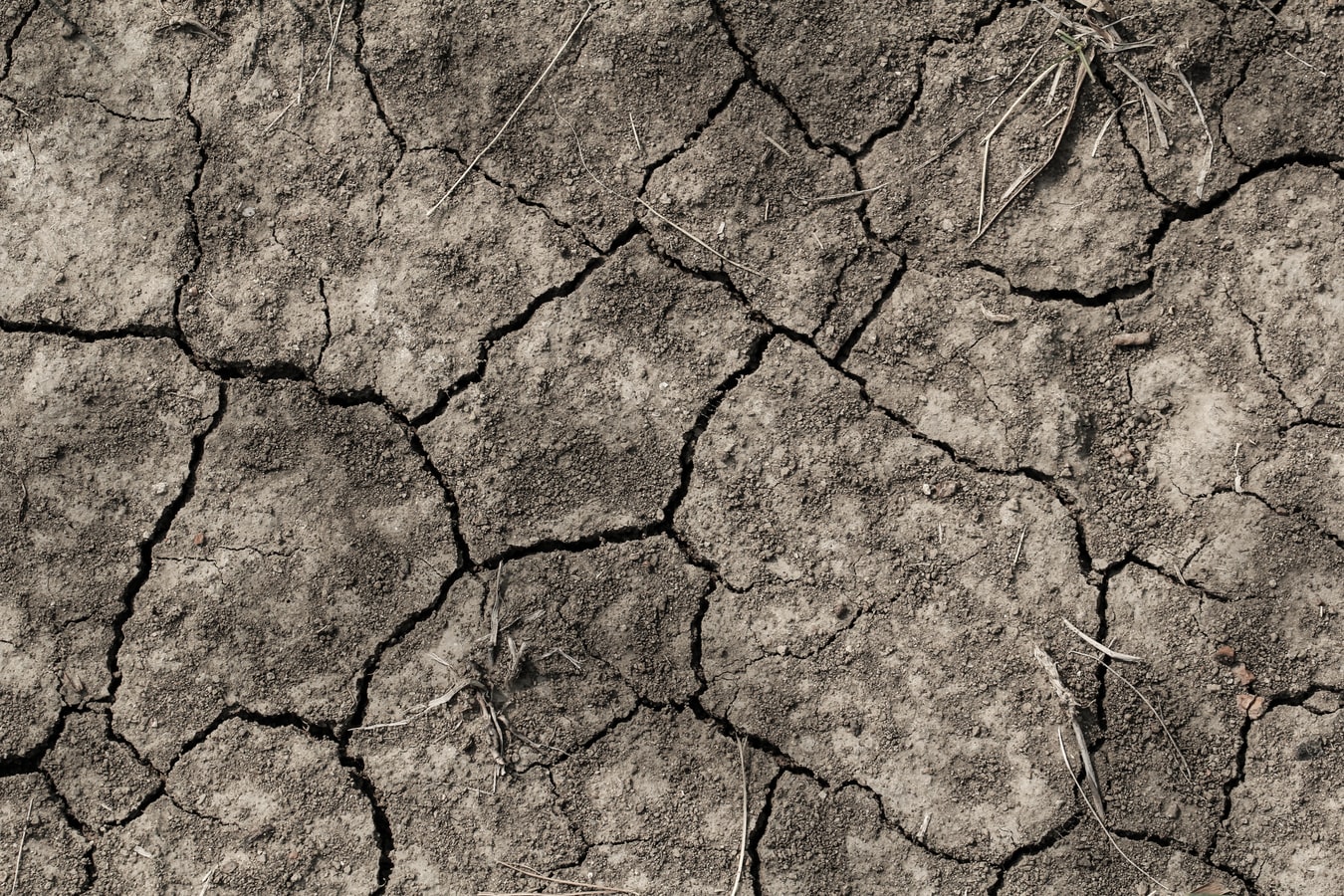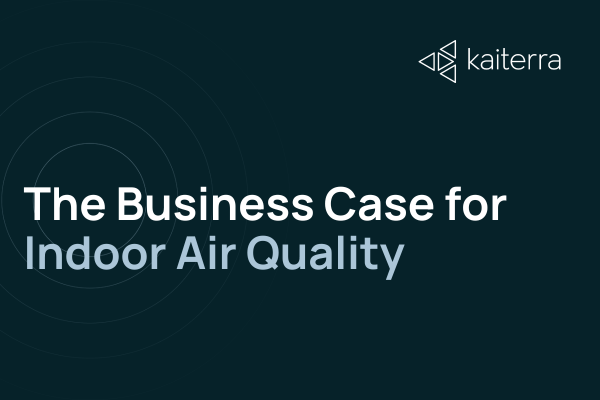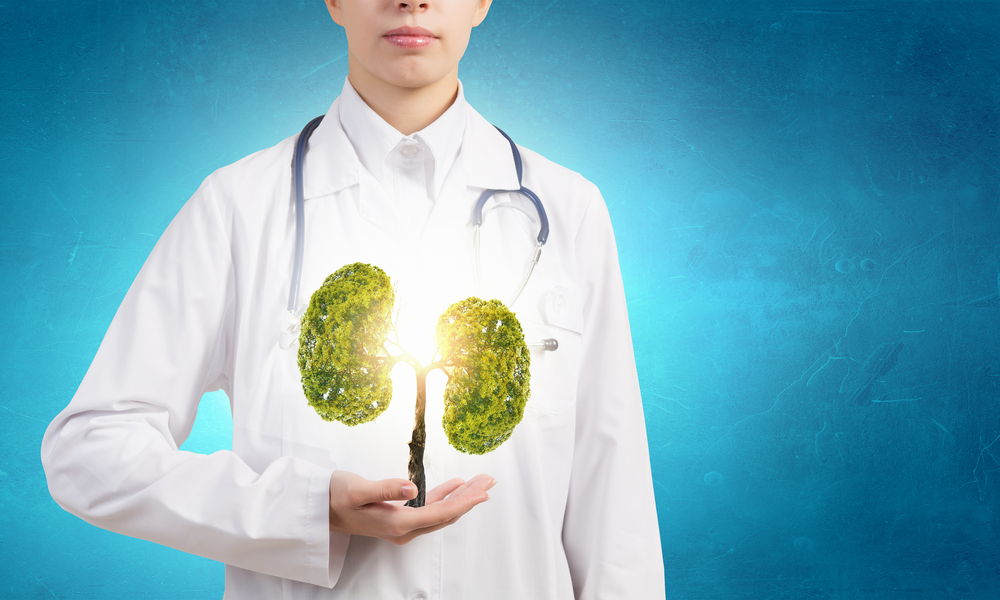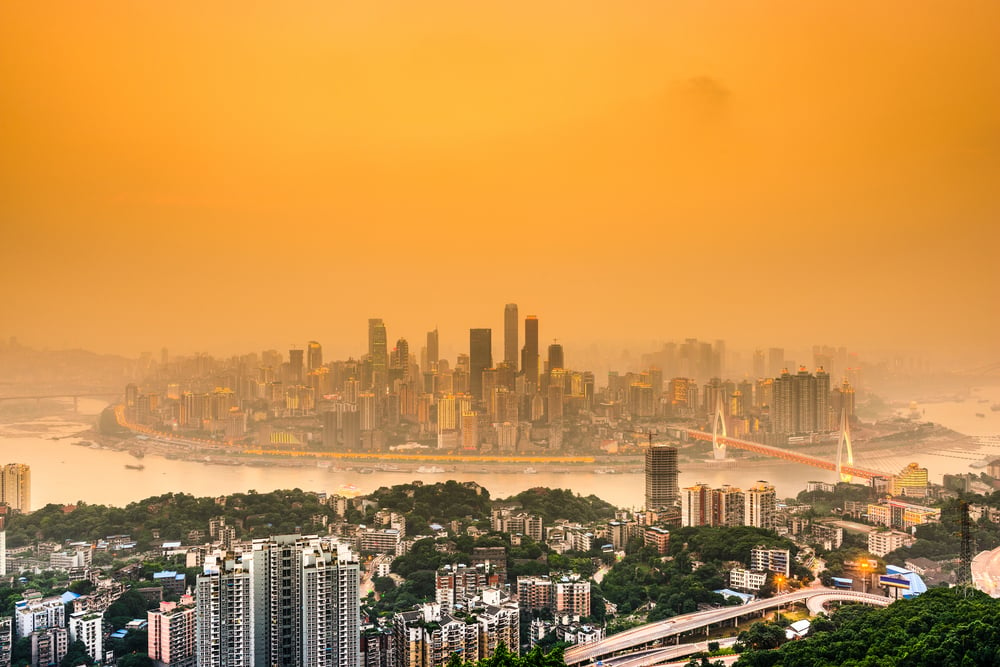Newsletter
Since the mid-nineteenth century, scientists have observed global temperatures steadily increasing. Climate change is a catch-all term used to describe this shift in natural temperatures and the climate effects being caused. Today, the earth is roughly 0.8° degrees warmer on average than what it was in 1861, which is why climate change is also referred to as global warming. These increasing global temperatures have had a significant impact on weather patterns and natural disasters. As a result, ecosystems, economies, and communities have suffered.
Causes of Climate Change
There are many natural sources contributing to climate change, including sun intensity, deviations in cloud patterns, and volcanic eruptions. However, there is overwhelming evidence that human activity plays a major contributing factor in climate change.

Since the industrial revolution, the burning of fossil fuels (like coal and oil) and clearing of land for agriculture has significantly increased the amount of carbon dioxide (CO2) in the atmosphere. These man-made CO2 emissions act as a blanket by blocking heat from escaping, causing increasing temperatures.
Climate Change and Air Pollution
How does air pollution affect climate change? Climate change and air pollution are closely related. Although often treated as separate problems, major air pollutants are key drivers of climate change. Air quality can affect climate change and climate can affect air quality. Both can affect human health.
Harmful air pollutants are affecting the amount of incoming sunlight that is reflected or absorbed by the atmosphere. When trapped sunlight can't escape, the heat from the sun causes warmer temperatures. This is also known as the greenhouse effect.
While air pollution has a direct impact on human health, the impact of climate change affects people in a less direct way. Long-term changes to average weather patterns are creating storms, floods, and droughts. These threaten our health by affecting the food we eat, the water we drink, and the air we breathe.

Climate change contributes to global disasters, including drought
Additionally, climate change and rising global temperatures contribute to air pollution. Some air pollutants are created by chemical reactions between air pollutants already present in the air. For example, ozone is created by chemical reactions between volatile organic compounds and nitrogen oxides in the presence of sunlight. Heat can fuel these chemical reactions, so rising temperatures can increase the amount of ground-level ozone we breathe.
The sooner we act to reduce climate change and air pollution, the less severe the impact of these changes will be. Understanding the threats that climate change poses to both air quality and human health is the first step in working to lower risks and prepare.
Climate Change: Additional Resources
Climate change is a vastly complex issue, and certainly deeper than we can cover in one article. For further reading, we recommend checking out:
- NASA's Climate Change page
- The United Nation's panel on climate change
- Did the Paris Climate Conference Change Anything?
If you would like to learn more about air pollution and how it relates to climate change, take a look at our air pollution guide below:
- A blanket around the Earth
- 2001 Assessment on Climate Change
Kaiterra provides air quality monitors and an IAQ analytics dashboard for healthy buildings and offices, helping workplace leaders and healthy building pioneers assess and improve their indoor air quality. Our indoor air quality monitors like the Sensedge and the Sensedge Mini can be found in many of the world’s most iconic buildings and workplaces, such as the Empire State Building and the Burj Khalifa.






.png?width=200&height=148&name=Menu%20C%20(2).png)

.png?width=307&height=228&name=Menu%20-%20D%20(1).png)
.png)





